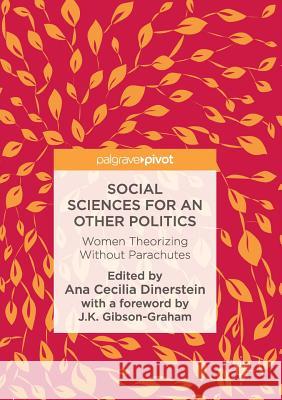Social Sciences for an Other Politics: Women Theorizing Without Parachutes » książka
topmenu
Social Sciences for an Other Politics: Women Theorizing Without Parachutes
ISBN-13: 9783319838205 / Angielski / Miękka / 2018 / 155 str.
Social Sciences for an Other Politics: Women Theorizing Without Parachutes
ISBN-13: 9783319838205 / Angielski / Miękka / 2018 / 155 str.
cena 211,53 zł
(netto: 201,46 VAT: 5%)
Najniższa cena z 30 dni: 210,55 zł
(netto: 201,46 VAT: 5%)
Najniższa cena z 30 dni: 210,55 zł
Termin realizacji zamówienia:
ok. 20 dni roboczych.
ok. 20 dni roboczych.
Darmowa dostawa!
Kategorie:
Kategorie BISAC:
Wydawca:
Palgrave MacMillan
Język:
Angielski
ISBN-13:
9783319838205
Rok wydania:
2018
Wydanie:
Softcover Repri
Ilość stron:
155
Waga:
0.21 kg
Wymiary:
21.01 x 14.81 x 0.94
Oprawa:
Miękka
Wolumenów:
01
Dodatkowe informacje:
Wydanie ilustrowane











